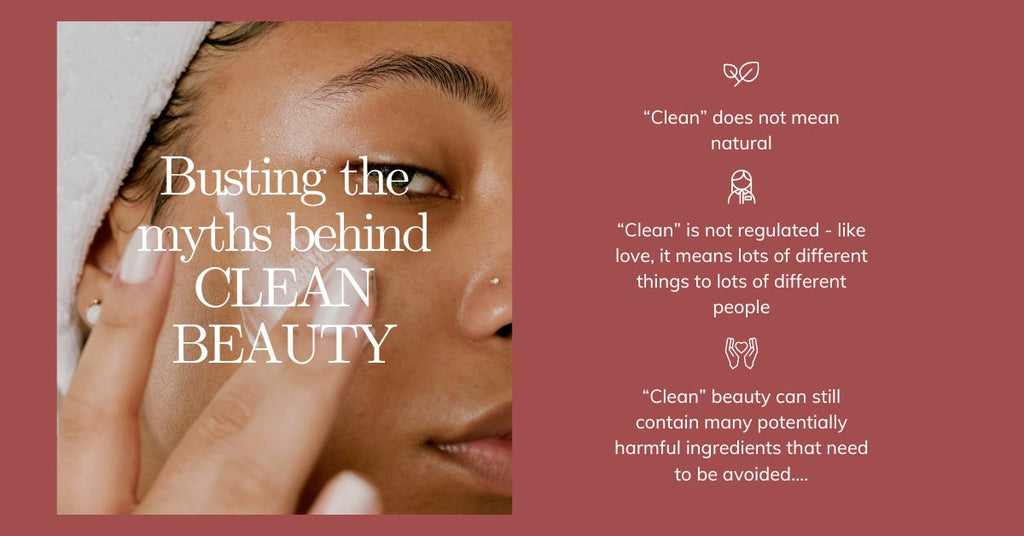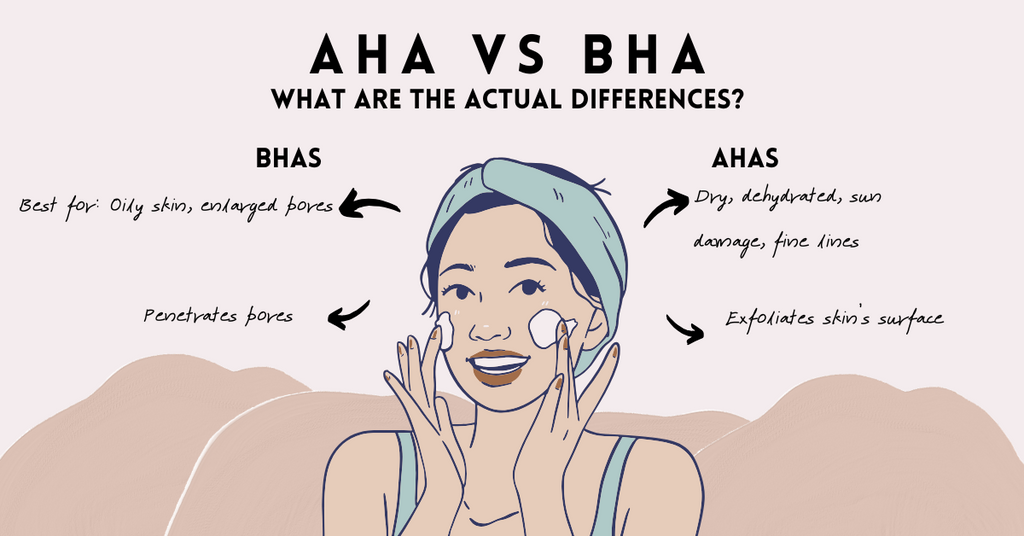
The Importance of Toner in a 3-Step Skincare Routine (and Why Some Experts Say You Don’t Need It)

In the world of skincare, the classic 3-step routine—cleanse, tone, and moisturize—has been a go-to for decades. While cleansing and moisturizing are universally accepted as vital, toner has been met with some skepticism, even by dermatologists. Many skincare experts claim this step is unnecessary, leading to confusion about whether it should be included in your daily regimen. However, toner has evolved significantly, and understanding its benefits can reveal why it remains an essential step in achieving healthy, balanced skin.
What is Toner?
Toner is a liquid applied to the face after cleansing and before moisturizing. Historically, toners were used to remove residue left by harsh, alkaline soaps, and many contained high levels of alcohol, making them drying and irritating. This older version of toner is one reason some dermatologists still believe the step is unnecessary, especially with today’s gentle, pH-balanced cleansers. However, modern toners are a far cry from their alcohol-heavy predecessors. Today, they serve a variety of purposes, from balancing skin’s pH to delivering active ingredients like hydrating agents, antioxidants, and exfoliants.
Why Do Some Experts Say Toner is Unnecessary?
There are a few common reasons why dermatologists sometimes say toner can be skipped:
- Outdated Formulations: Many dermatologists base their advice on the outdated understanding of toners, which were once too harsh and only necessary for counteracting alkaline soaps. Since most modern cleansers are now pH-balanced and more gentle, some experts feel toners no longer play a vital role.
- Layering Active Ingredients: Dermatologists who emphasize a minimalist skincare routine argue that using too many products, especially with overlapping active ingredients, can irritate the skin. They recommend focusing on potent treatments like serums and moisturizers rather than an additional toner step.
- Personal Skin Type: Some people with naturally balanced skin may not need the extra hydration or pH-balancing properties that toners provide. For these individuals, skipping toner may not have a negative impact.
That said, toners have evolved, and for many, they provide significant benefits that can enhance a skincare routine.
Why Toner is Still Important
- Restores pH Balance: Cleansing, even with gentle formulas, can disrupt your skin's natural pH balance, which is slightly acidic (around 5.5). When the skin's pH is off, it can become more vulnerable to irritation, inflammation, or bacterial growth. Modern toners are formulated to quickly restore the skin’s natural acidity, creating a healthy environment where the skin barrier can function optimally and defend itself against external stressors.
- Removes Residual Impurities: Even after cleansing, traces of makeup, dirt, or oil can remain on the skin, especially in the pores. Toner acts as a second cleanse, ensuring all impurities are removed and helping to prevent clogged pores, which can lead to breakouts. For people who wear heavy makeup, toner can be particularly beneficial.
- Hydrates and Preps the Skin: One of the most valuable functions of modern toners is hydration. Ingredients like hyaluronic acid, aloe vera, or rose water in toners help boost moisture levels, making the skin more plump and smooth. This hydration also preps the skin to better absorb serums and moisturizers. Skipping this step can make subsequent products less effective, as damp skin absorbs ingredients more efficiently.
-
Targets Specific Skin Concerns: Modern toners aren’t just for oil control; they can address a variety of skin issues depending on the ingredients used:
- For oily or acne-prone skin: toners with ingredients like salicylic acid or witch hazel help minimize excess oil and reduce the risk of breakouts.
- For dry or sensitive skin: hydrating toners with ingredients like rose water, glycerin, or chamomile soothe and calm irritation.
- For uneven skin tone or dullness: exfoliating toners with alpha hydroxy acids (AHAs) like glycolic acid can brighten the complexion by gently removing dead skin cells.
Misunderstandings About Toners
- “If my cleanser is good, I don’t need toner.” This is a common belief, but even the best cleanser can leave behind impurities or disrupt your skin's pH. A toner provides an extra layer of cleanliness and care.
- “Toners dry out the skin.” This misconception is based on old formulations. Modern toners are usually alcohol-free and designed to hydrate and soothe the skin, rather than dry it out.
How to Use Toner in a 3-Step Routine
To incorporate toner into your routine:
- Cleanse: Start with a gentle, pH-balanced cleanser.
- Tone: After cleansing, apply toner using a cotton pad or by patting it directly onto your skin with clean hands. Focus on areas prone to oiliness or larger pores, like the T-zone.
- Moisturize: Follow with a moisturizer that locks in hydration and protects the skin barrier.
While there’s debate over whether toner is essential, it’s important to recognize the evolution of this product. Toners today offer a wide range of benefits, from rebalancing pH to hydrating and treating specific skin concerns. For those looking to optimize their skincare routine, incorporating a toner can be a game-changer for overall skin health. Rather than skipping this step, consider exploring the wide variety of modern toners available to find one that best suits your skin’s unique needs.












